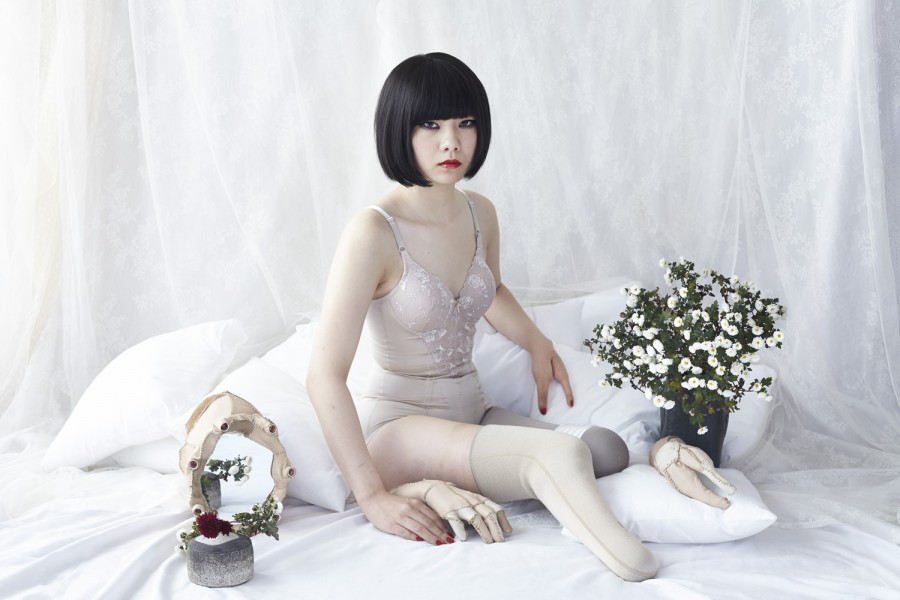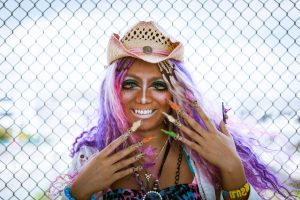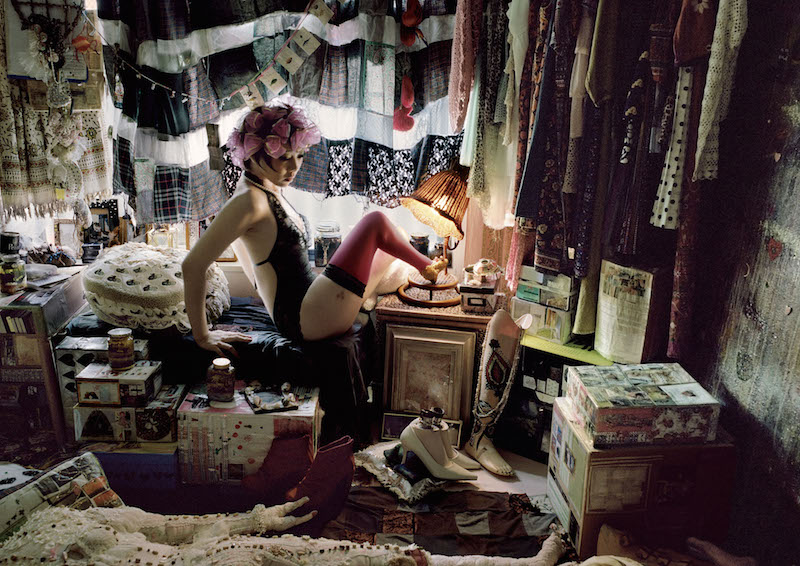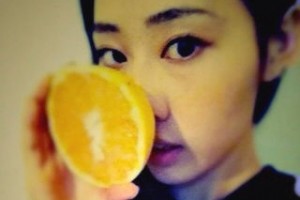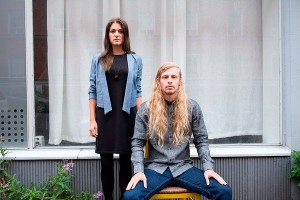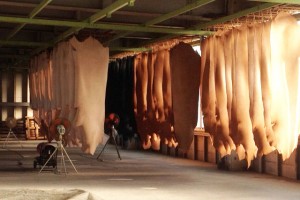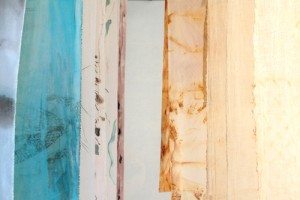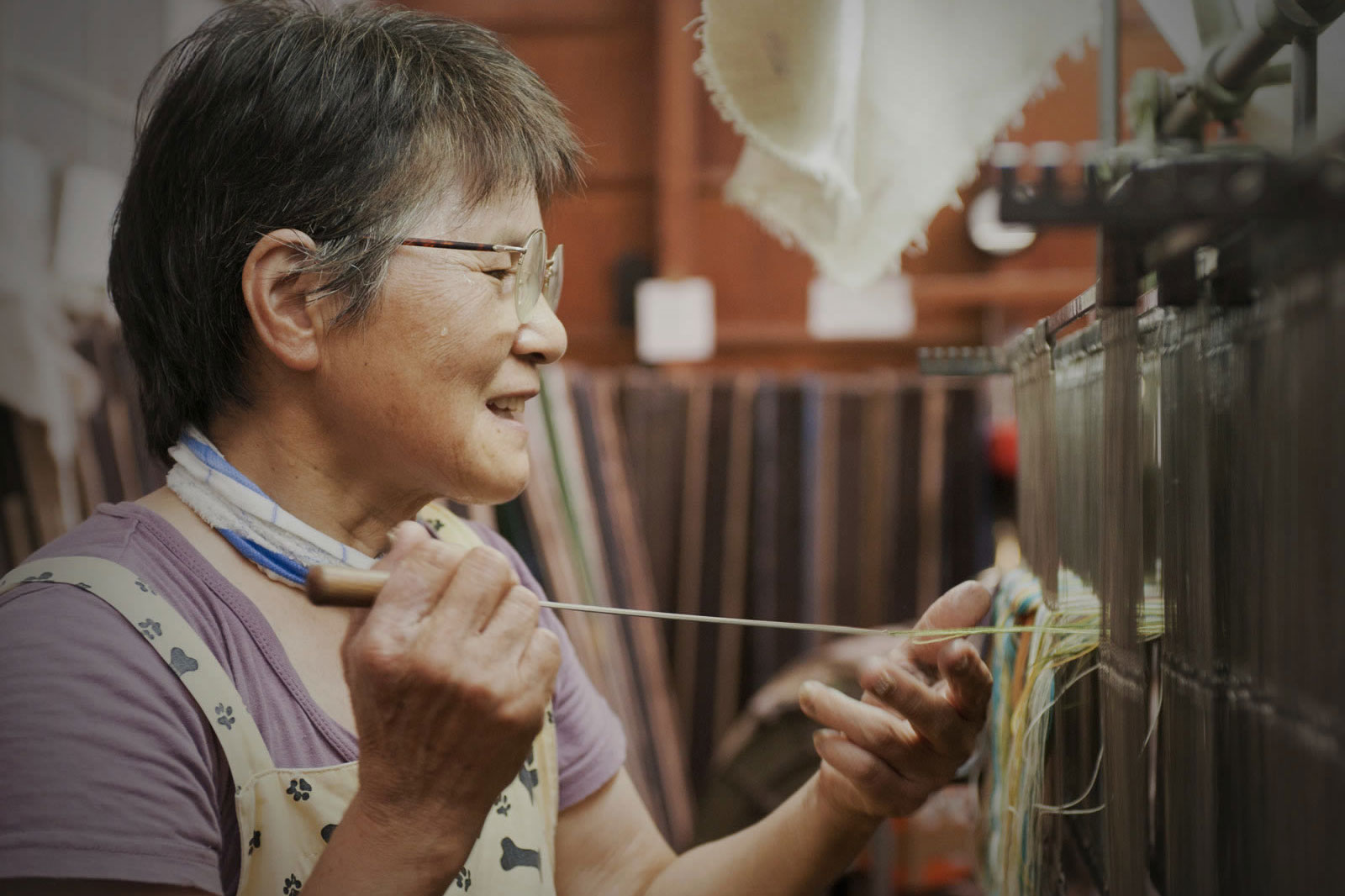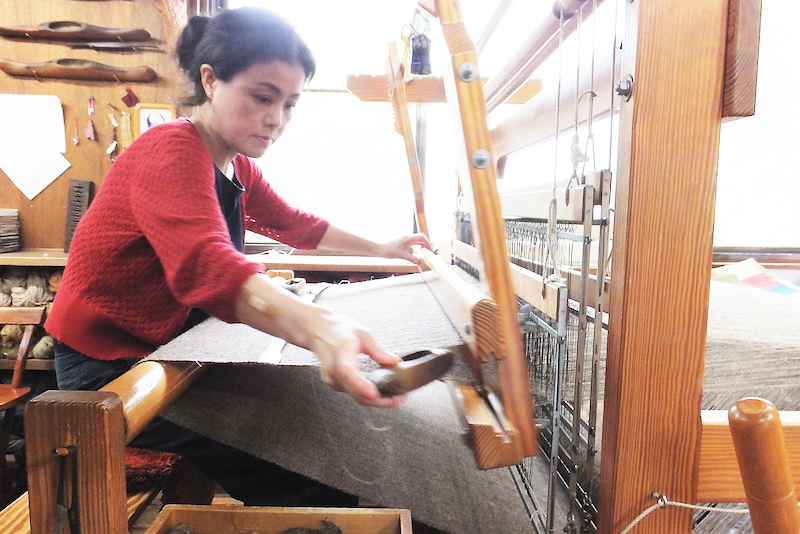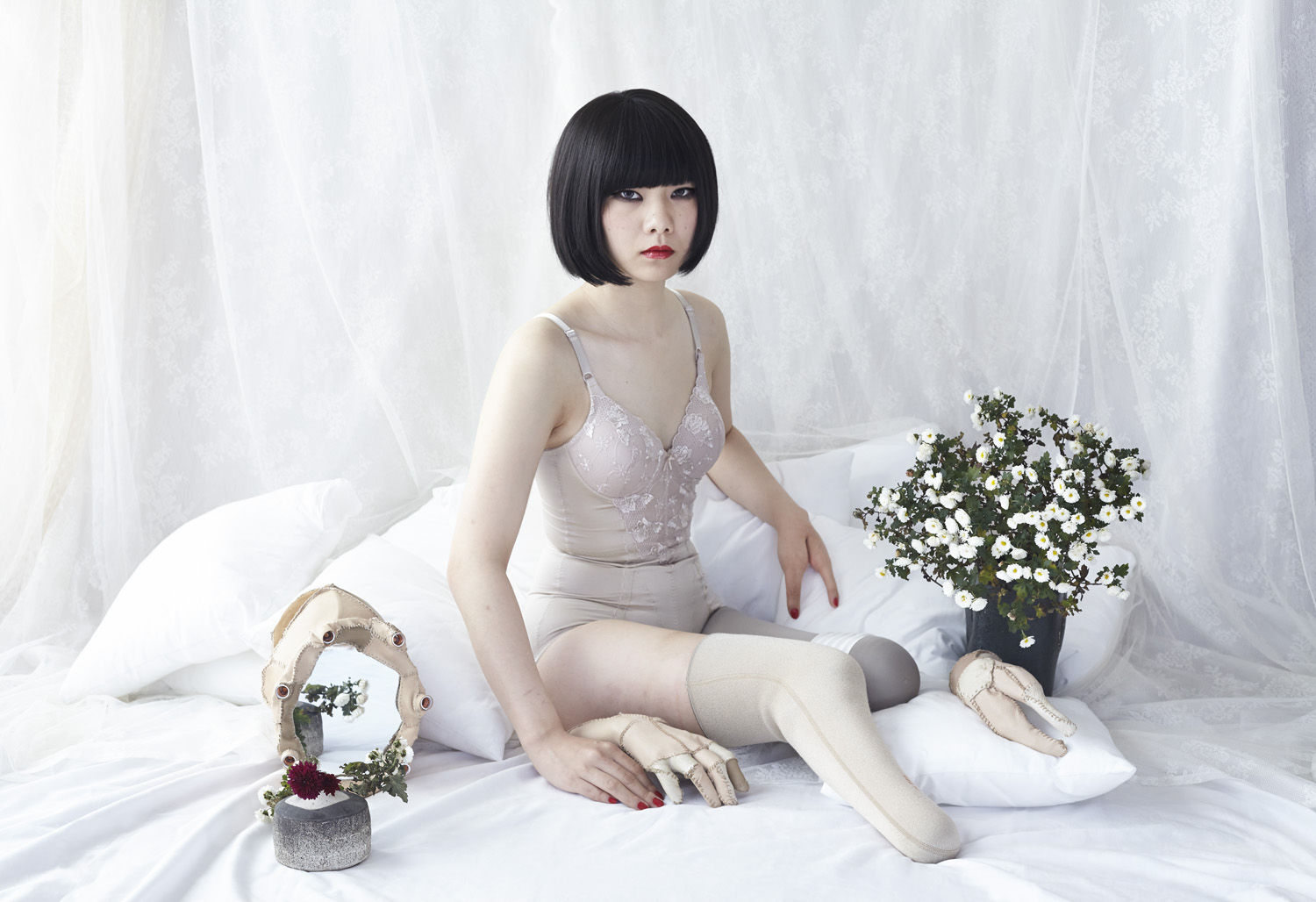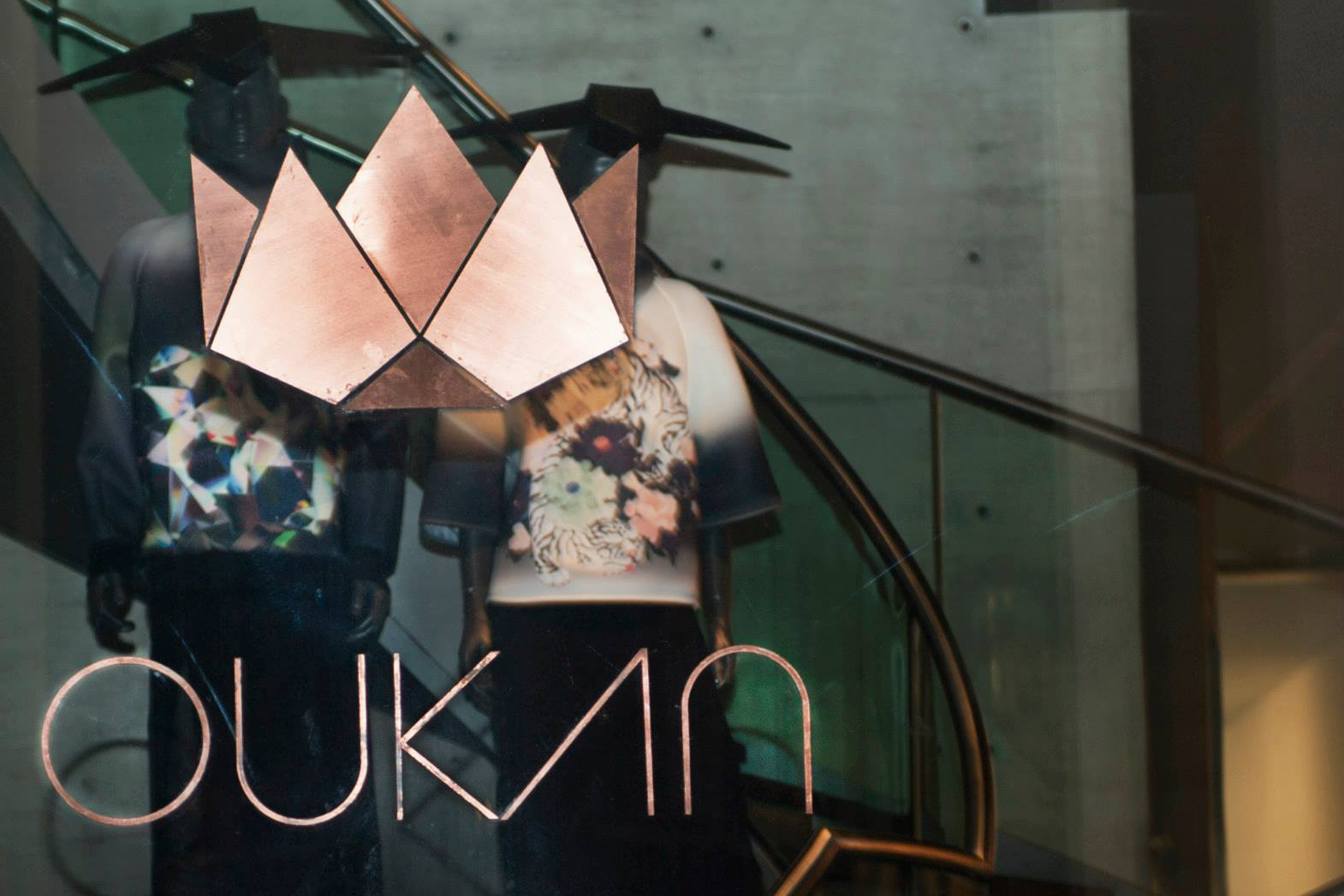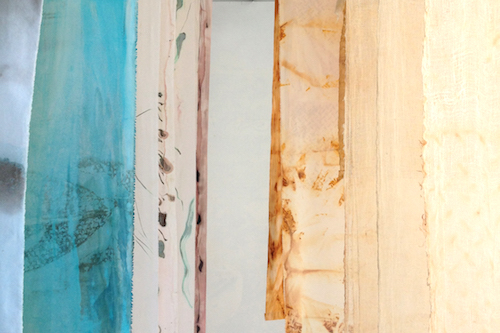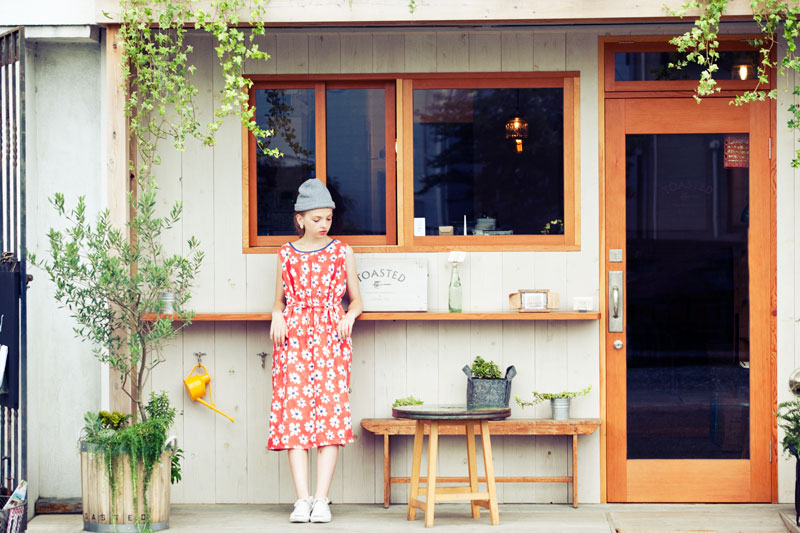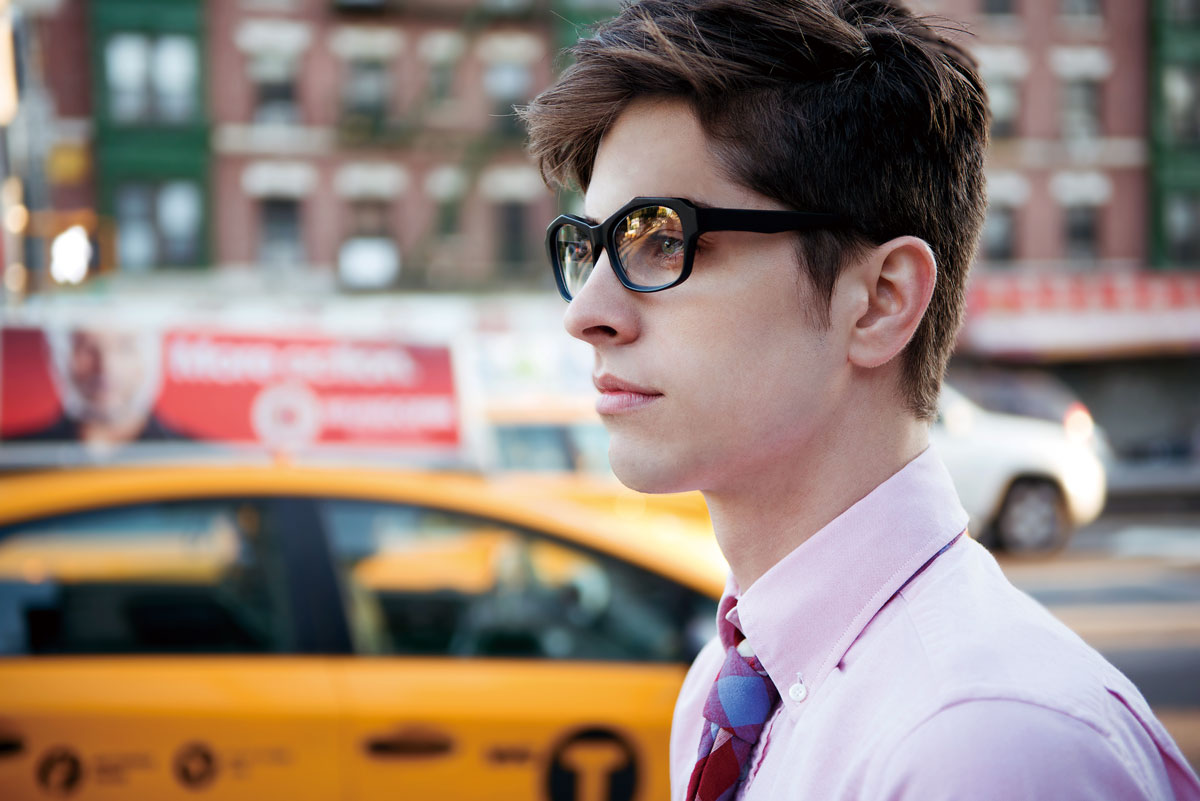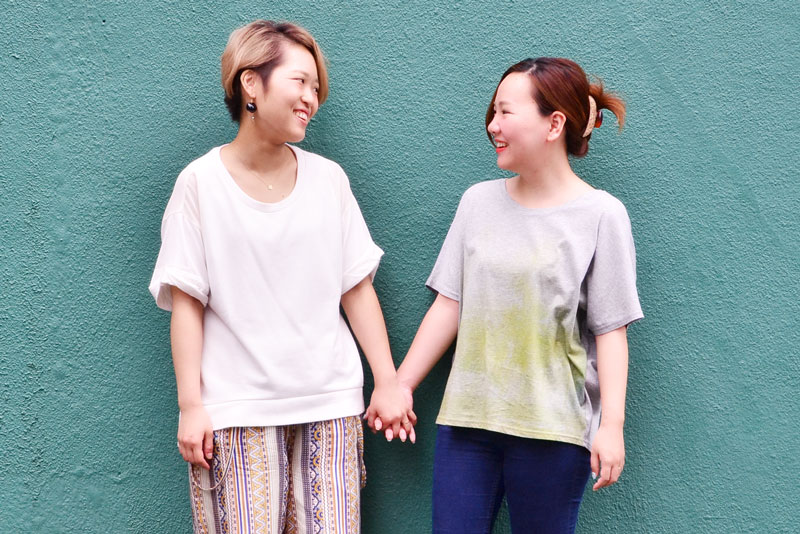In the center of Berlin, surrounded in nostalgic setting of an East German period feel, concept store OUKAN strongly expresses its message.
This shop's opening was connected to the Great East Japan earthquake, which is honestly a little surprising from the shop's avant-garde and full fashion atmosphere. Not only that, but apparently a "timeless" feel inspired by Zen and wabi-sabi is incorporated as well.
We asked Tran Mai Huy-Thong, the Vietnamese German owner who quietly but strongly ties Japan with Berlin, about his thoughts.
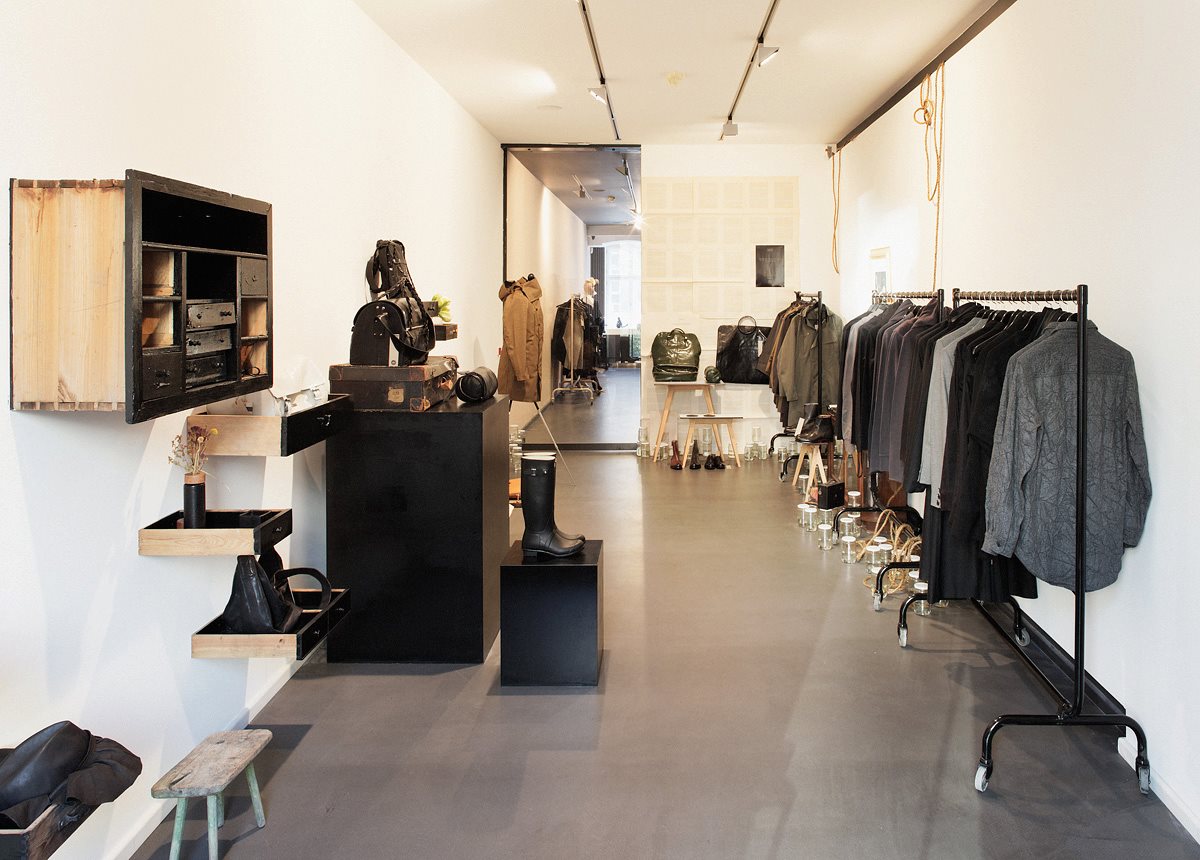
© OUKAN, Photography: Achim Hatzius
――How did you came to an idea of opening a shop?
We opened this store in the end of October 2011. It evolved out of our charity events for the Tōhoku earthquake I organized with my Japanese friends.
We had three events, a karaoke night, a dinner with an art show and a fashion event for which we teamed up with the fashion trade show “Premium.”
At karaoke night, each person who wanted to sing had to donate at least 1 euro. The good thing was that everyone donated much more. At the dinner for Japan, we invited some artists to do a small show; there was also a calligraphy artist, she did the calligraphy with her hair and it was amazing.
At “Premium,” We invited several designers and brands from Japan and organized a whole floor just for young Japanese designers. We organized a fashion show as well.
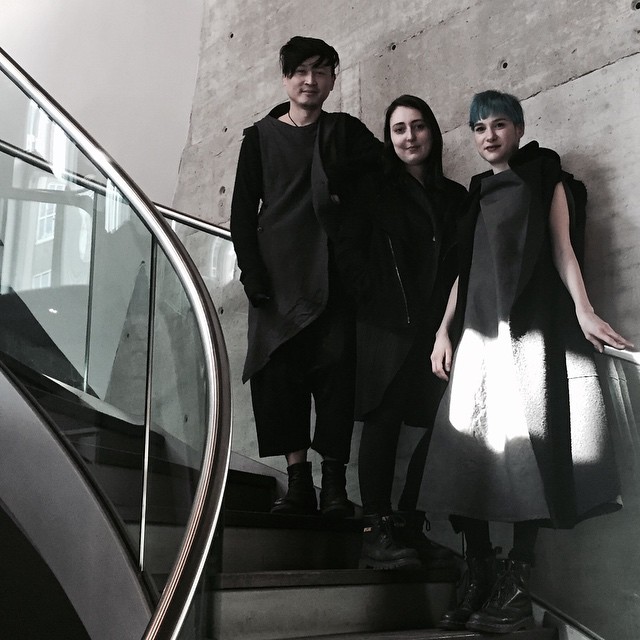
Huy-Thong at left, with OUKAN team.
――Why were you so touched with Tōhoku earthquake and tsunami?
My solicitousness evolved because of two reasons.
The first was, that a very close friend of mine was on a flight to Japan the moment it happened. Me and others tried to reach him over several ways, but we didn’t hear from him for one week, so obviously we were shocked and in deep sorrow.
The second reason is, that during my career in fashion, I met a lot of incredible talents from Japan, among with them people I’ve worked with. A lot of them went back to Japan to found their own labels, so I also contacted them to know better about the situation and what’s going on.
Furthermore, the more I grew up, the more I was looking for, in terms of finding more related to the Asian tradition.
I remember when the flood hit in Thailand, I was really shocked as well. After I saw the pictures on television, I just remember on that day I woke up and saw my body. I was scratching myself so much, and it was bleeding.
These experiences made me feel I should do something, not just sit there.
――You are of Vietnamese origin?
I was born in Vietnam, and my parents were boat-people. They left the country when I was really small. I grow up and studied for my bachelor’s degree here. Then I went to London for my master’s in fashion. After that, I was working at Margiela, and things progressed from there.
Every time I go to Asia, my heart is beating! Even though I grew up in Berlin, whenever I visit I feel deja-vu, though it can’t be.
I love the mood, people, and nature—how the culture is with, or part of, nature, not against it.
――So there’s connection.
Around one year after I started things, my uncle visited me in Berlin. Later, he called me and said that I am like my grandfather.
I never knew my grandfather so I asked him why. His reply was that my grandfather was a politician, and the first man to put together a connection with Japan.
I didn’t know anything about my grandfather since he died so early, so I don’t know specifically—but according to my uncle my grandfather brought about a connection with Vietnam and Japan. He was passionate about Japan also. You can say that’s by chance, but I think it’s fate.
Not only that, I think Japanese culture is one of the “big” cultures that I love. Being in the fashion design field, zen and wabi-sabi helped me a lot.
――How did you encounter ideas related to “zen” and “wabi-sabi”?
When I was still in high school, I was a professional dancer and trained a lot. By that time I started feeling like there is a pressure on my heart, but the doctor couldn’t find anything.
But then I started meditating and it was just what I needed. I traveled to a monastery in France, where I met an amazing monk, who was able to give me the “medicine” I needed which I found in meditation.
Since then I traveled there every summer. When you go there, it is so peaceful. you are surrounded by nature and you sleep in a tent. It fitted me so good; after few weeks being there, it feels like I took one of the shower that washes all my emotion you don’t want to have.
In modern society, we have to deal with certain pressure like families, jobs. The monk gives exactly like the medicine that you could practice yourself.
――What do you like about “zen” “wabi-sabi” ideas?
With Zen, you really go inside yourself, and learn much more about you.
If you work as designer, You are not really at the center of “now.” You always have to focus on questions like “what is coming?”, “what has been?”, “what is new?”.
Zen really helps you to explore your inner self and learn more about you. And the more I know about myself, the more I understand others and learn about my environment. Which obviously helps a lot in design as well.
――How do you reflect your message to OUKAN?
At OUKAN we have a strong selection of Japanese and International designers, with a good balance between fresh and upcoming labels and labels with a long and strong history.
Apart from the design, the biggest peculiarity is the color black. We don’t want to convey the system of trends but of timelessness and sustainability.
It has to have some sort of idea that will push forward to our society.
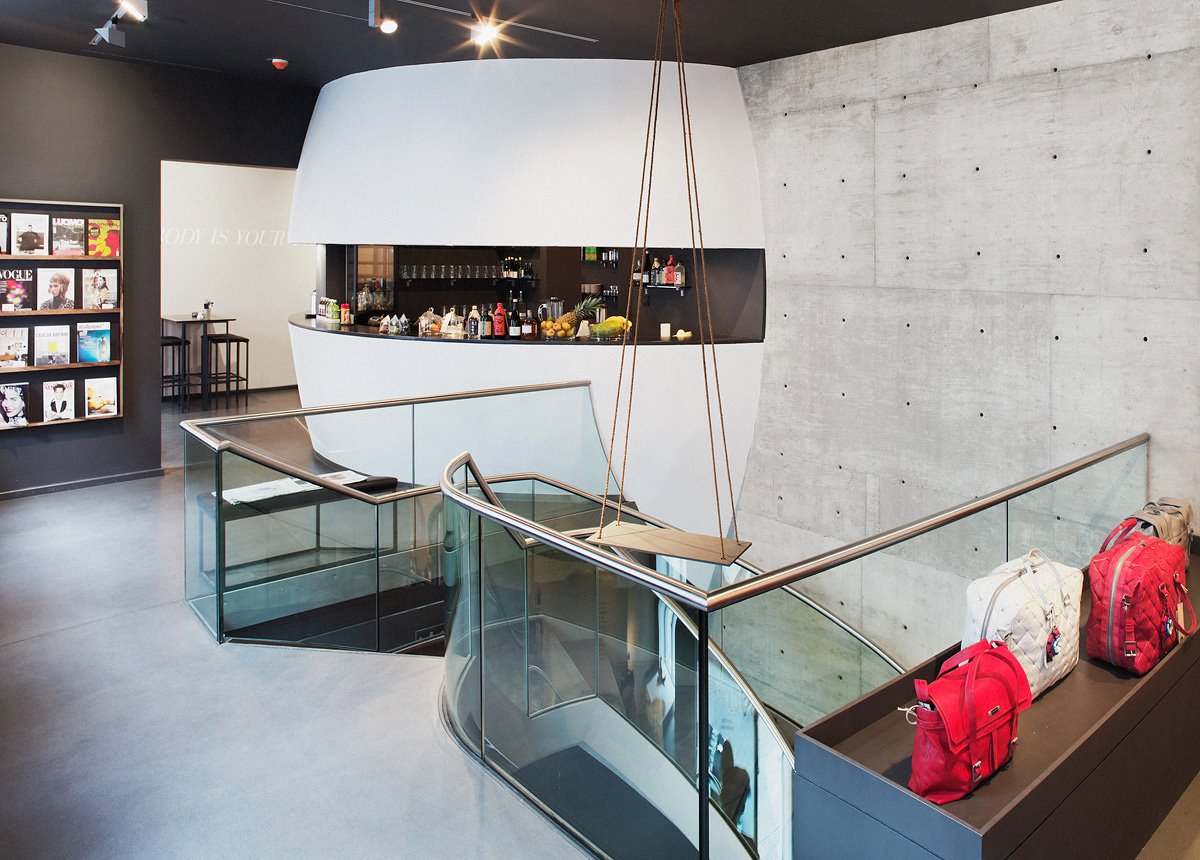
© OUKAN, Photography: Achim Hatzius
――Were you originally interested in sustainability?
Definately. I want to express that we can’t go on with our modern culture without including nature. Some countries in Asia are growing so rapidly for example, that they forget about about the connection to nature, which used to be a big part of their tradition.
We have to send a message to them and others, that our economies can’t grow healthy when you leave your environment out of sight.
We can’t continue making without nature. At some point, “end” will come. We need to avoid that, and I think that will make real timeless fashion.

